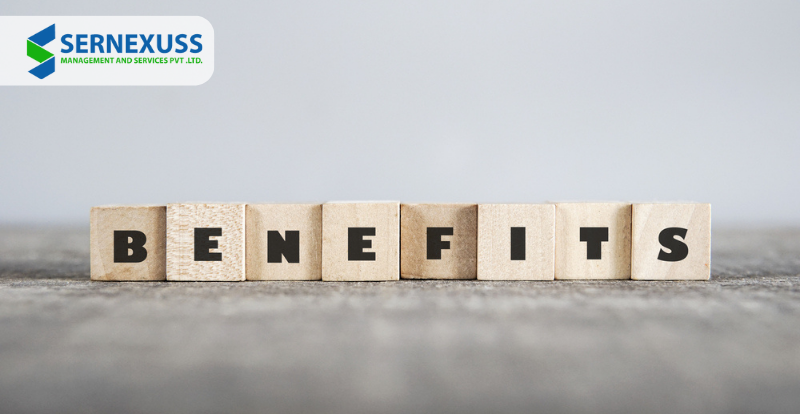Express Entry benefits and An outline of the divergent costs of replying to an Invitation to Apply
Express Entry is the fastest and the most renowned immigration pathway for Canada PR. Moving to Canada is a huge decision, that brings along with it high-quality education, healthcare, earnings, and all-around living standards.
According to a 2020 study by IRCC (Immigration, Refugees, and Citizenship Canada) perceive that the aspirants who acquired PR through Express Entry, 95% were entrenched economically (with both high employment rates, and level of income). Out of these, 83% achieved work in their primary field, and about half achieved work in the occupations that normally prefer a university degree (TEER 1). Furthermore, successful candidates were getting higher wages than the average Canadian worker.
Considering this, it is necessary to notice that there are costs connected with applying for Express Entry that the candidates will have to sustain to effectively move through the program.
After submitting the Express Entry profile, and acquiring an Invitation to Apply (ITA) from Immigration, Refugees, and Citizenship Canada, candidates get closer to Canadian immigration under PR (permanent residence).
The Needed Documents for Express Entry
After acquiring an ITA, the candidates are required to accept this invitation to go forward toward PR. After this, the candidate gets 60 days to submit all the required papers to complete their application, and be acknowledged for PR in Canada.
These papers comprise:
- A valid passport copy;
- A copy of the candidate’s birth certificate;
- Documentation attesting to work experience;
- Medical exam conducted by an authorized panel physician; and
- Police clearance certificates.
Furthermore, with these papers, other documents can also be required, it basically depends on what path of Express Entry, the candidate has chosen. These can comprise (but are specifically not restricted not to):
- A letter of attestation from one’s employer;
- Official transcripts of post-secondary education study program courses taken;
- Proof of family relationship(s) in Canada;
- Copies of work contracts and/or pay stubs; and
- Documents relating to income taxation.
These papers can differ moderately depending on the stream of Express Entry candidates have applied to.
The Cost behind Applying
As for the submission of the profile through Express Entry, the applicant will face an outlying cost in acquiring all the compulsory documents for their application. Two common examples are:
Medical examination costs
The high cost here is typically collected for an Immigration Medical Exam (IME). The Immigration Medical Exam is an approved medical examination that should be conducted by an official panel physician (browseable through the IRCC directory). All related costs here (consisting of additional tests or treatment if needed) will require to be paid in advance. Medical test/exam results are considered valid for over 12 months.
Although the exact cost of an IME can range marginally, they must all roughly follow the same tiered pricing scheme (per an applicant’s age).
| AGE | PRICE (CAD) |
| 0-4 Years | $100 |
| 5-10 Years | $140 |
| 11-14 Years | $160 |
| 15-69 Years | $180 |
| 70+ Years | $230 |
*X-rays must be between $40-50; referrals to specialists and additional tests may collect additional costs should they be required.
Police Clearance Certificates
Police checks and clearance documents will be compulsory to complete a finished application to reply to an ITA. This cost is divided into federal processing fees and local processing fees as per the RCMP (Royal Canadian Mounted Police).
During the time the federal processing fee ($25) is renounced for candidates who require the record check for immigration and citizenship reasons- the local processing fee for fingerprint collection will still implement. These costs differ between distinct authorized agencies and local authorities, although usually fall between $30-35.
The Expense of Success
The last expense comes once the applicants efficiently acknowledge an ITA, and the government offers PR to them.
Once acquired the PR, the applicant requires paying an RPRF (Right of Permanent Residence Fee) of $515 per candidate. This is believed to be the last expense of the bureaucratic process. The applicant’s next set of expenses will possibly be around settling in Canada.
Can new PRs make their Expenses back?
Successful candidates selected through the Express Entry system are well-established to see success in the Canadian labor market; as they get selected based on their skills and other human capital factors that Canadian employers value highly.
As new permanent residents, successful candidates under the Express Entry program will get all the rights connected with this status; comprising reduced university and college tuition, access to public healthcare, social programs, and a new life in Canada.
